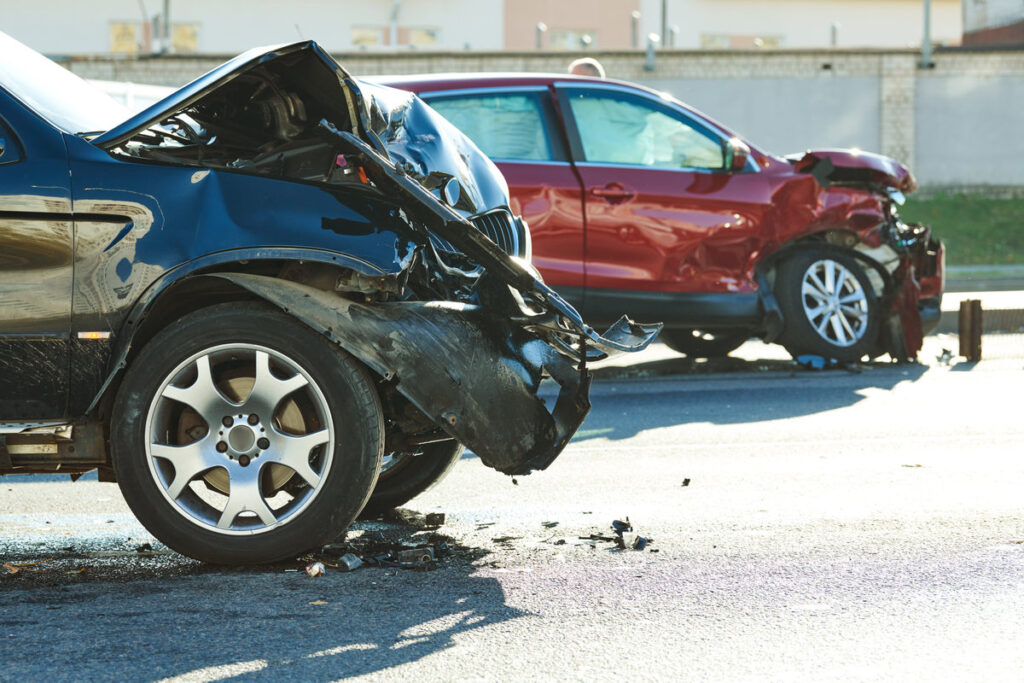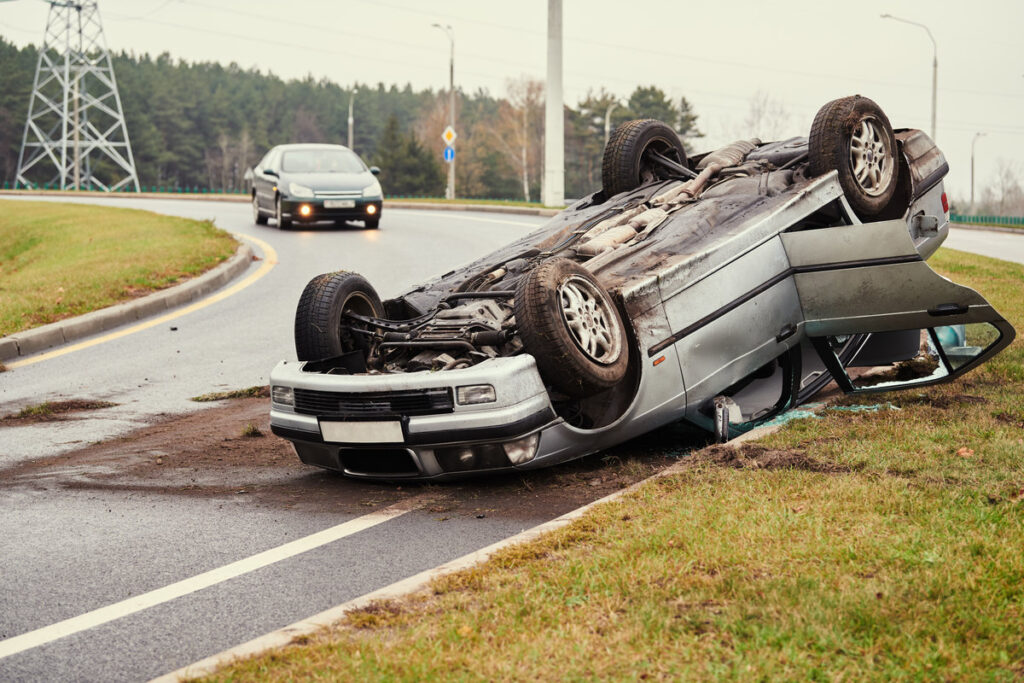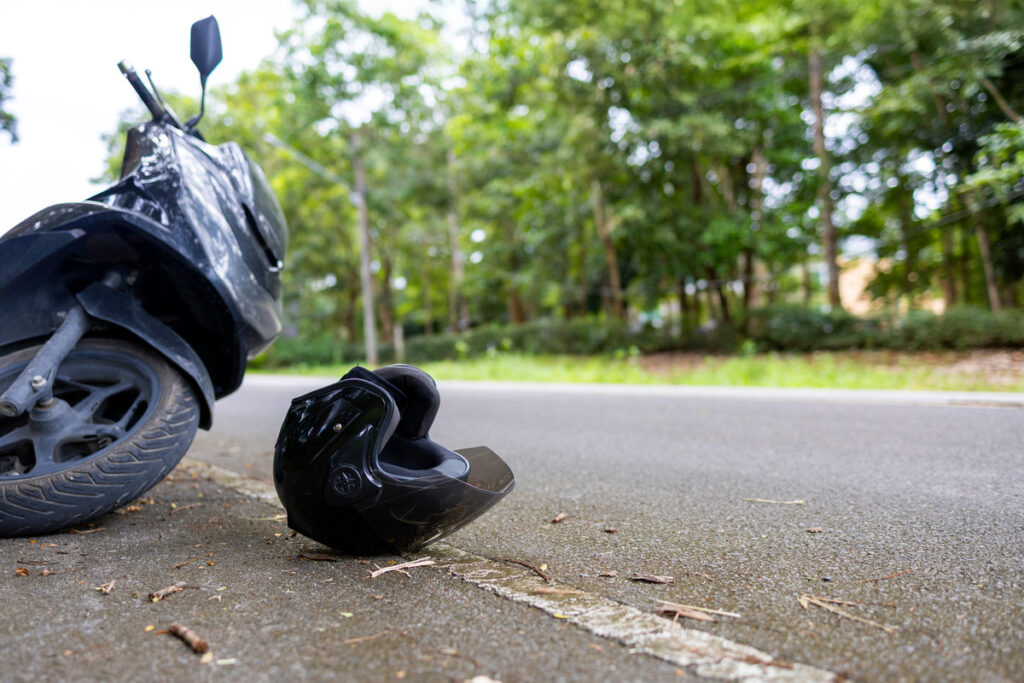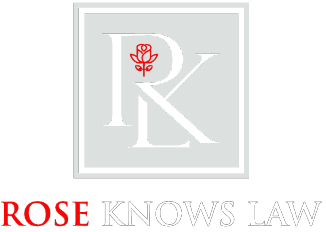What Happens When an Uninsured Driver Causes a Multi-Car Accident

Multi-car collisions create complicated legal landscapes even under normal circumstances, but when an uninsured driver triggers the chain reaction, victims face additional challenges recovering compensation for their injuries and damages. These situations leave multiple injured parties competing for limited resources while dealing with insurance companies reluctant to pay claims. The absence of adequate coverage from […]
What to Know About Suing Underinsured Drivers in Texas

Getting struck by a driver whose insurance falls short of covering your damages creates a financial crisis on top of physical injuries. Many Texas drivers carry only minimum liability coverage, leaving collision victims to face mounting medical bills, lost wages, and property damage with insufficient compensation available from the at-fault party. Understanding your options when […]
Understanding Liability When Emergency Maneuvers Cause Secondary Accidents

Split-second decisions behind the wheel can transform a near-miss into a devastating collision. When drivers swerve to avoid one hazard only to strike another vehicle, pedestrian, or object, determining who bears legal responsibility becomes complex. These secondary collisions raise difficult questions about reasonable reactions, driver duties, and fault allocation under Texas law. Dale R. Rose, […]
What to Do When Insurance Companies Undervalue Your Motorcycle Accident Claim

Insurance companies routinely offer settlements far below what motorcycle accident victims deserve, hoping riders accept quick payments before understanding the true extent of their damages. The gap between a fair settlement and an initial insurance offer can mean the difference between recovering fully or facing years of financial hardship. When you’re recovering from a motorcycle […]
What to Do After a Farm Equipment Injury in McKinney and Collin County

Farm equipment accidents in Collin County can devastate lives in seconds. A moment of mechanical failure or operator error near tractors, harvesters, or balers may result in crushed limbs, severe lacerations, or traumatic amputations. These injuries often require extensive medical treatment, prolonged recovery periods, and may permanently alter your ability to work or perform daily […]
How to Prove Driver Negligence in a North Texas Motorcycle Accident

Motorcycle accidents often result in severe injuries because riders lack the protective barriers cars provide. When a negligent driver causes a crash, proving their fault becomes the foundation of your injury claim. In North Texas, establishing driver negligence requires clear evidence showing how the other party’s careless actions directly led to your accident. If you’ve […]
Can I Choose My Own Lawyer for My Car Wreck Case?

Yes, you absolutely have the right to choose your own lawyer for your car wreck case. This freedom of choice is one of your most important rights as an accident victim, and no insurance company may force you to use a specific attorney or prevent you from seeking legal representation. Many people don’t realize they […]
Should I Talk to Someone Who Says They Can Find Me an Attorney?

The phone rings, and a friendly voice promises to connect you with the “perfect attorney” for your case. These attorney referral services and legal lead companies present themselves as helpful intermediaries, but the reality is more complex. While some legitimate referral services exist, many operate as marketing companies that prioritize their profits over your legal […]
Do Attorneys Pay to Get Clients?

The legal profession operates differently from many other businesses when it comes to client acquisition, and many people wonder whether attorneys actually pay to attract clients to their practice. Yes, attorneys do invest money in marketing and advertising to reach potential clients, but there are strict ethical rules governing how they may do so. Understanding […]
How to File a Lawsuit Against an Attorney for Barratry in Texas

When attorneys pursue accident victims through aggressive, unsolicited contact, they violate both criminal law and professional ethics while exploiting people during their most vulnerable moments. Texas law provides clear protection when attorneys cross ethical boundaries through illegal client solicitation. Barratry violations carry serious criminal penalties and civil liability, giving victims multiple avenues for seeking justice […]
